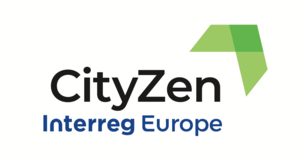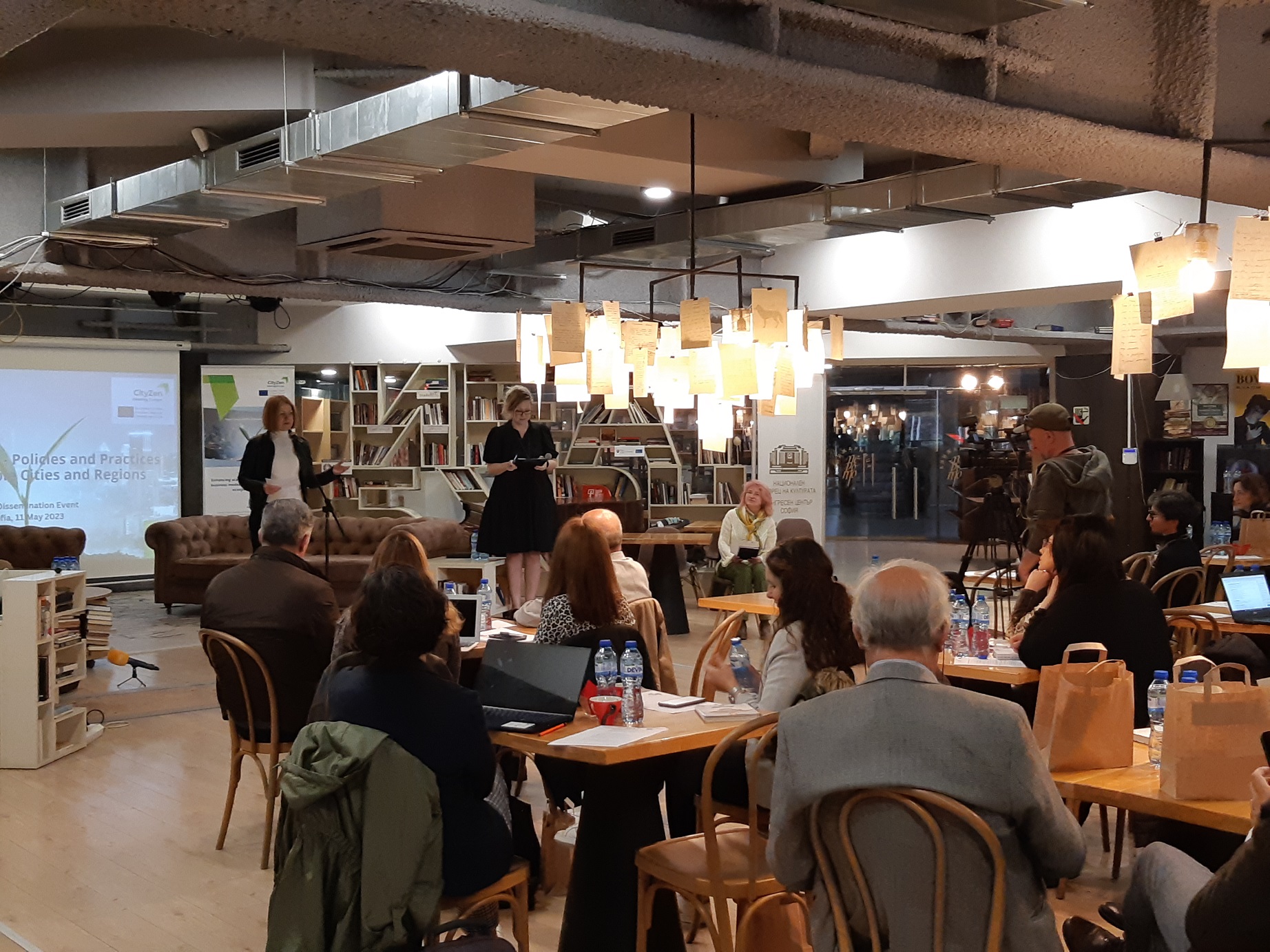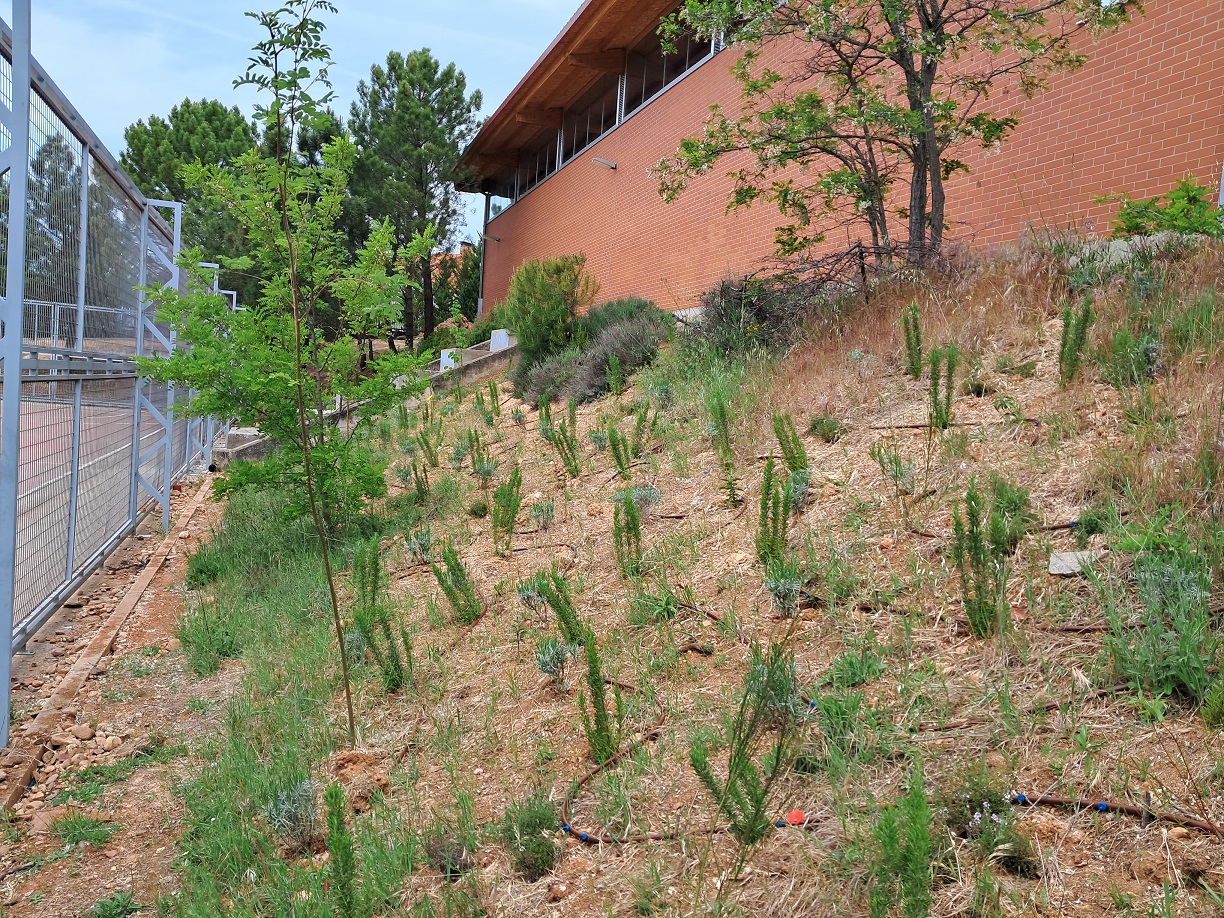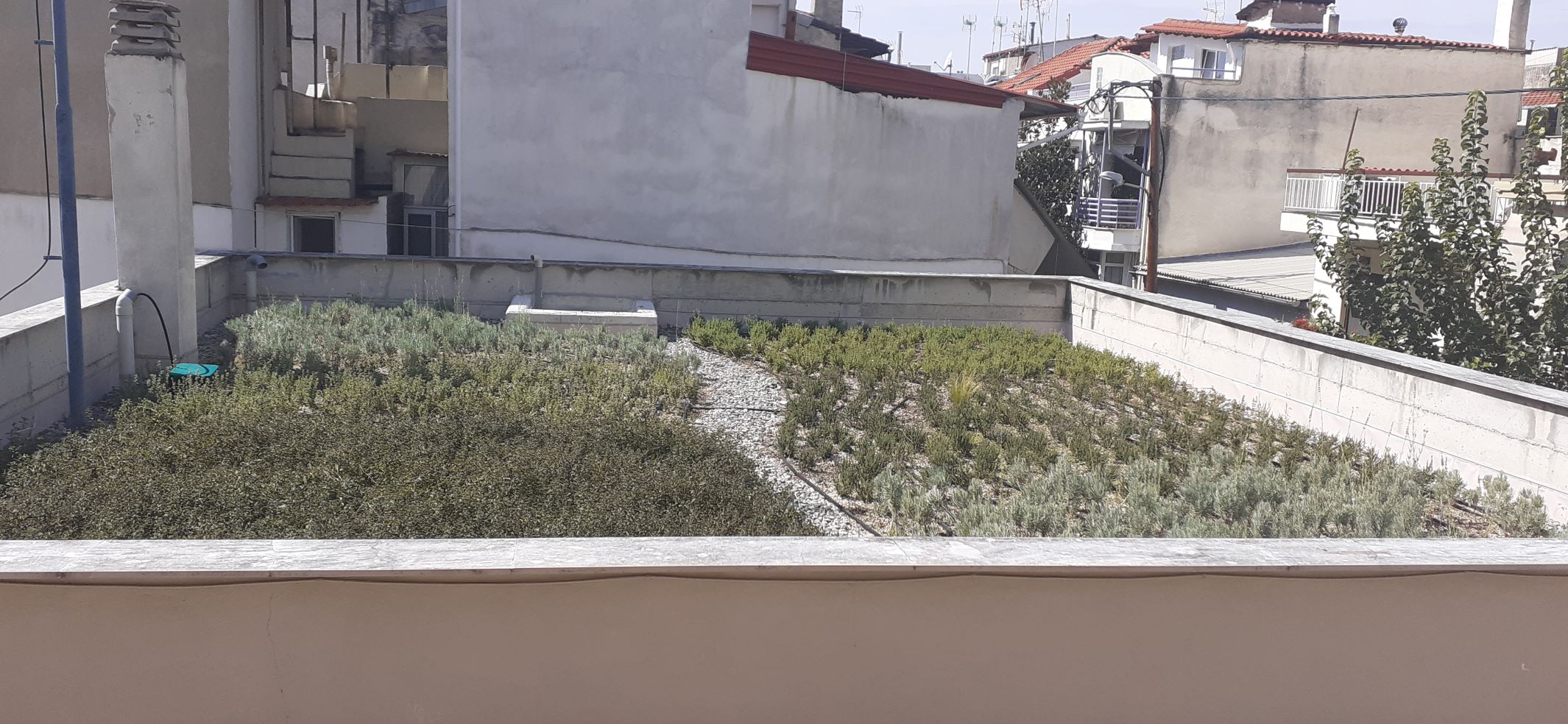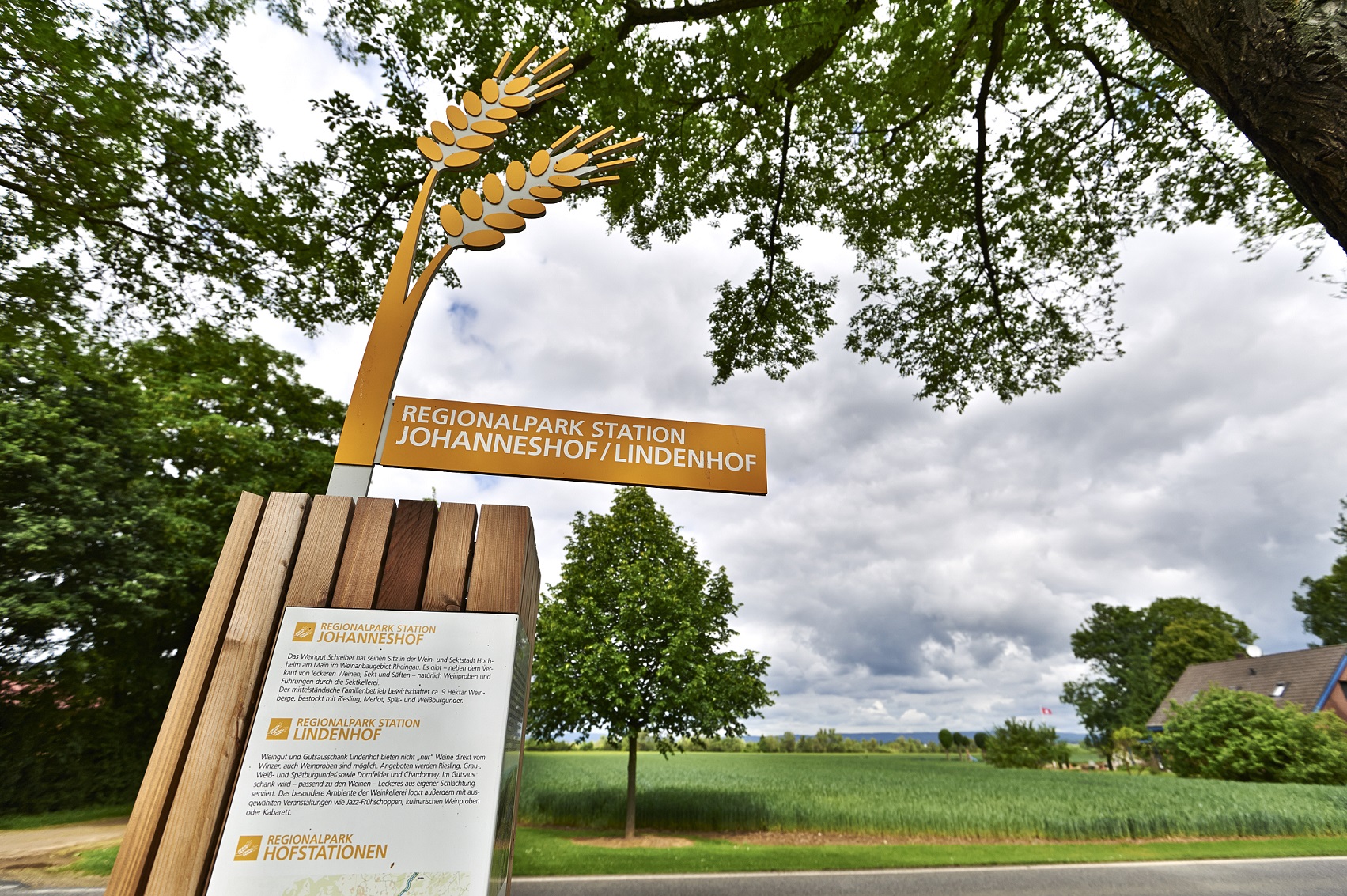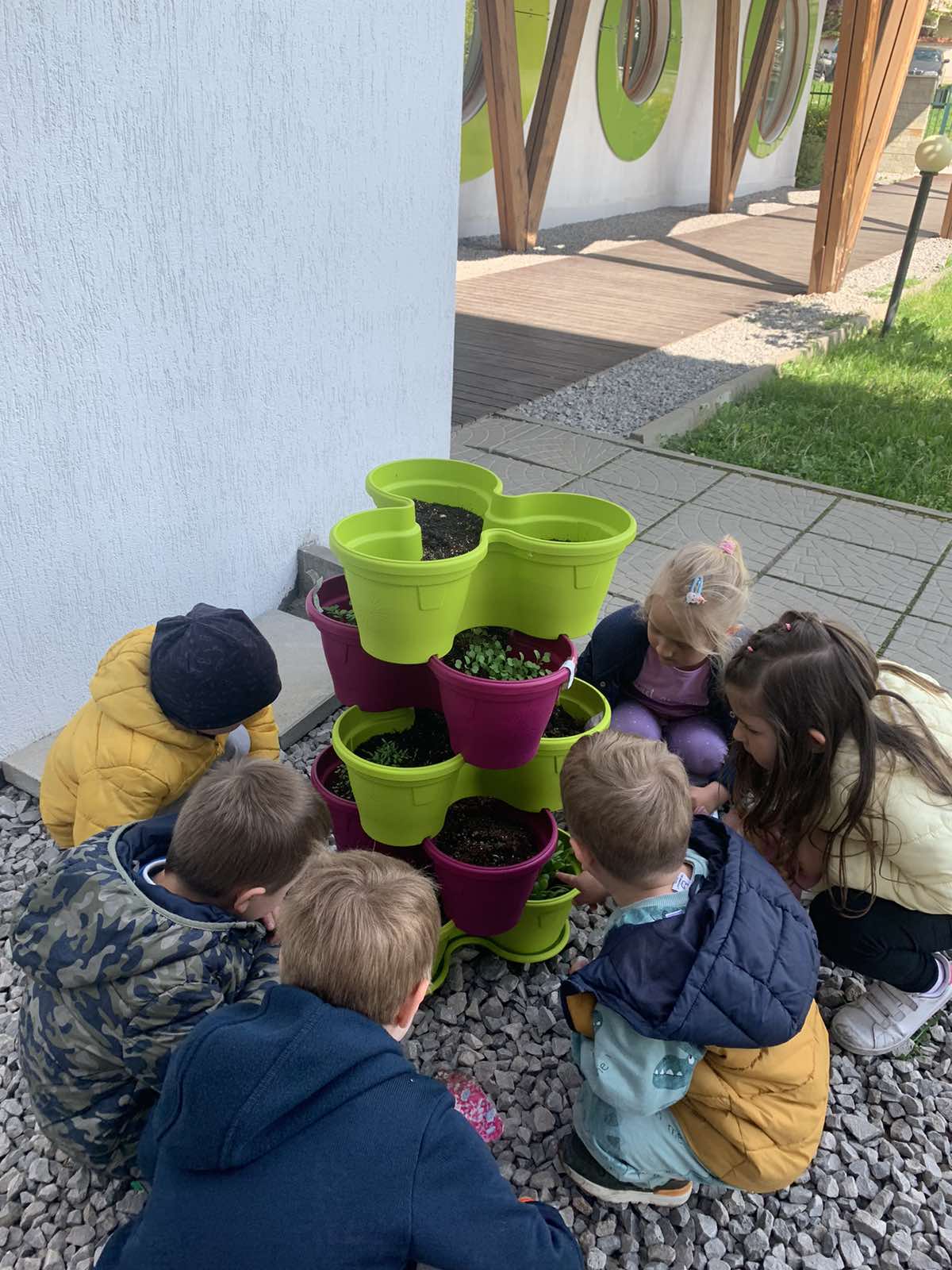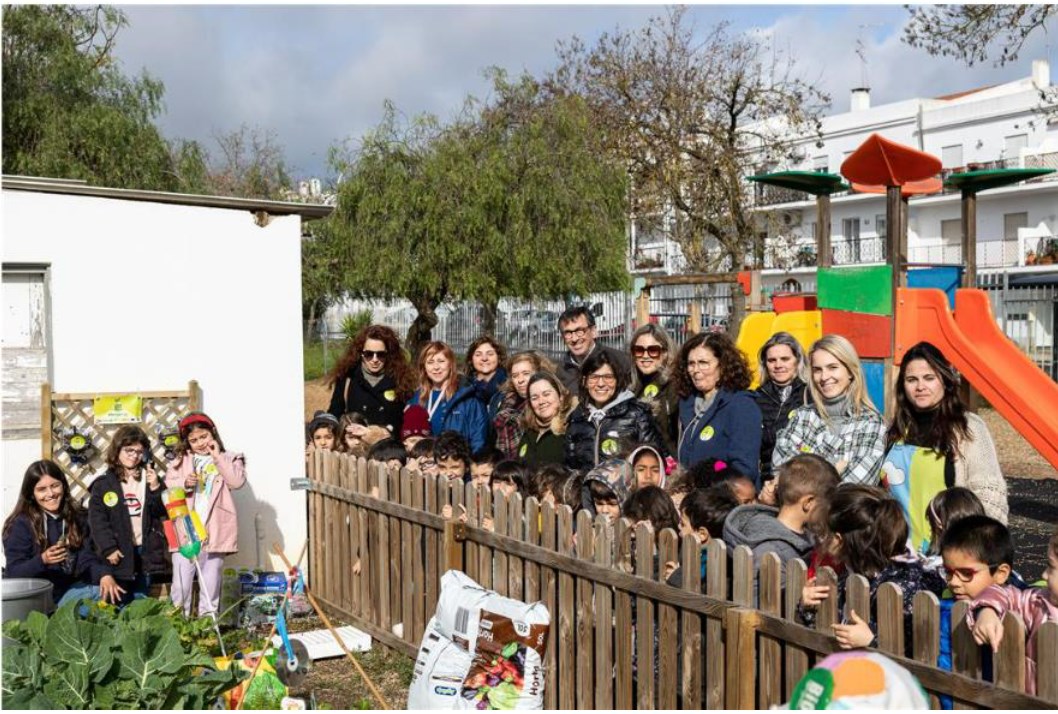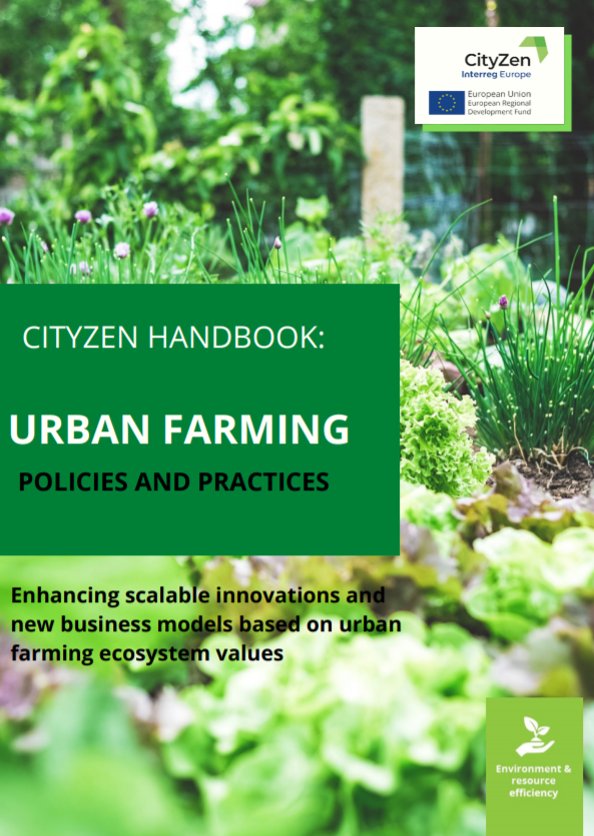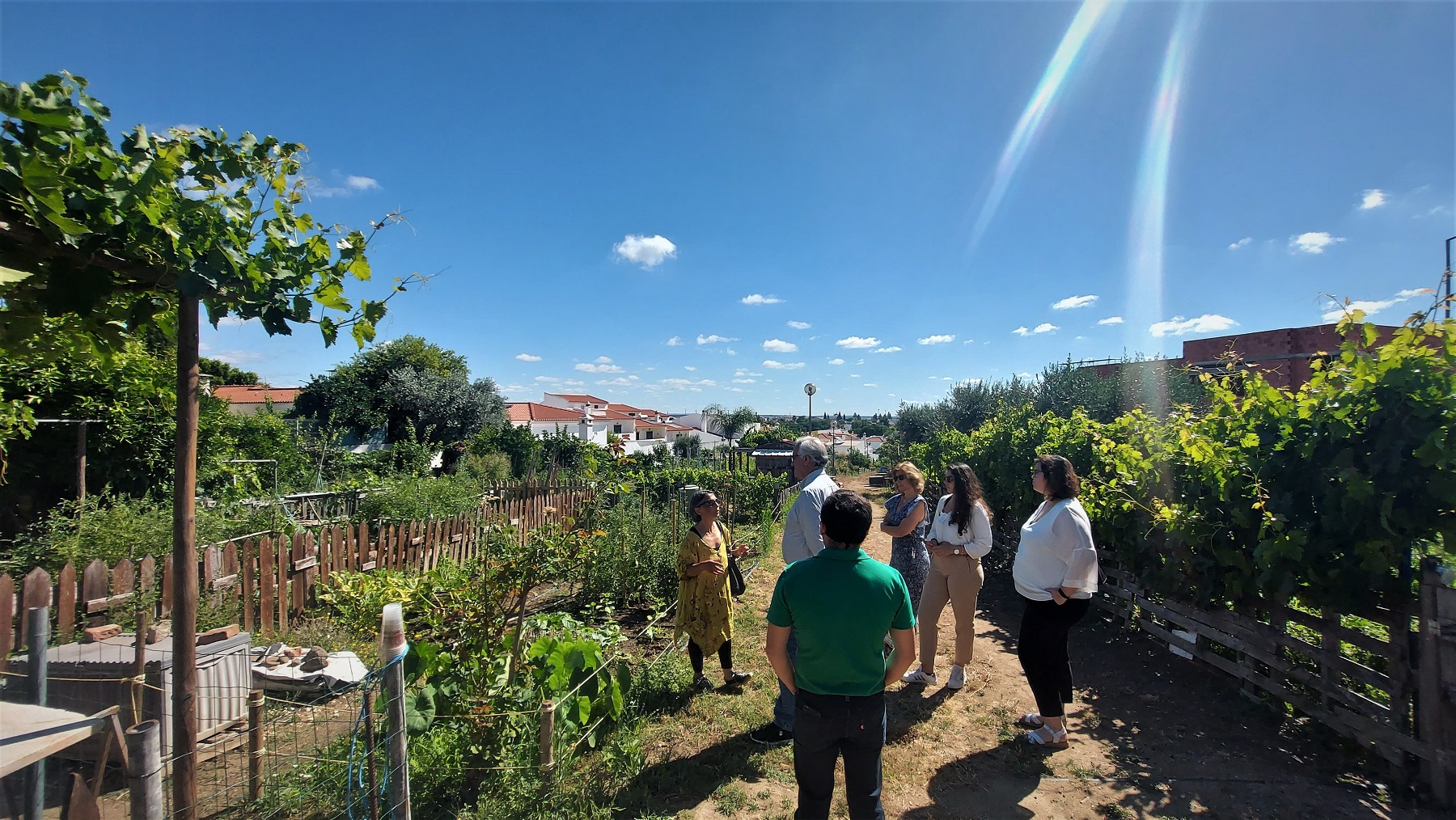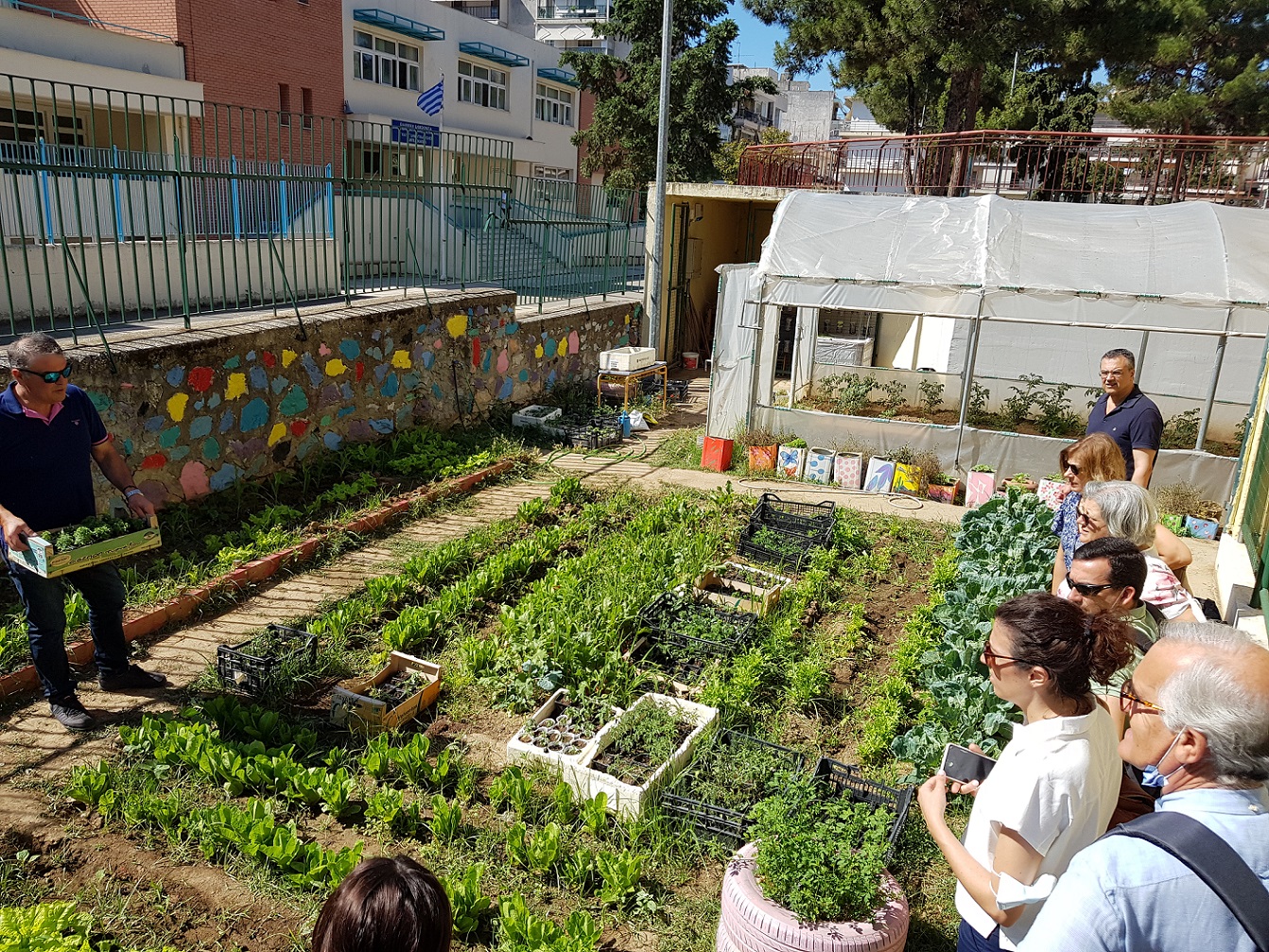In response to the challenges posed by the pandemic, the initial policy instrument on Regional Innovation Centers was regrettably canceled by the Bulgarian government and Sofia CityZen partners – ARC Fund and Sofia Development Association had to adapt with a new policy instrument. However, the Sofia Municipality quickly proposed a new policy that fosters urban greening efforts and can explore the potential of urban farming (UF) as a means to provide socio-economic benefits for its citizens. This policy initiative, known as SOfiaGreen program, aligns municipal policies with global trends and grassroots demands, such as urban farming emerging as a significant area in the city's policy framework.
Strengthening the green agenda:
Under the strategic framework of SOfiaGreen, an action plan was adopted within CityZen to secure additional funding for the program "My Green School / My Green Kindergarten." Developed in close collaboration with the Sofia Deputy Mayor for the Environment, this program aims to infuse schools, kindergartens, and nurseries with more natural elements by planting trees. As part of the action plan's implementation, SOfiaGreen has expanded its scope by financing vertical urban mini-gardens in schools and kindergartens, fostering the growth of urban farming alongside the tree-planting initiatives.
Growing vertical urban gardens:
Thanks to the realization of the action plan, five kindergartens have already constructed vertical urban gardens, providing children and their parents with educational and recreational spaces. Principals and teachers of these kindergartens actively participated in all stages of the mini-garden design and installation process. One of the main concerns voiced by teachers was ensuring the children's commitment to responsibly watering the gardens. To address this, the involvement of older children from the 3rd and 4th groups was encouraged, assigning them the responsibility of caring for the gardens.
Nurturing sustainable values:
The impact of these vertical mini-gardens is already visible. The children have become more aware of how to grow and nurture their own food, fostering a sense of environmental stewardship and sustainability. Moreover, the project has fostered a stronger sense of community, bringing together parents, children, and teachers to plant seeds and care for the environment. The positive feedback from teachers and parents alike demonstrates that the installation of these gardens has not only been educational but has also stimulated the children's curiosity and facilitated volunteer activities in two of the five gardens. In these instances, parents actively participated in activities focused on enhancing the backyard areas.
By integrating urban farming into schools and kindergartens, the municipality is nurturing a new generation that appreciates the value of nature, self-sufficiency, and environmental responsibility. With the successful implementation of vertical urban gardens, Sofia is planting the seeds of a greener and more interconnected future, where education, community involvement, and urban farming coexist to create a sustainable cityscape.
